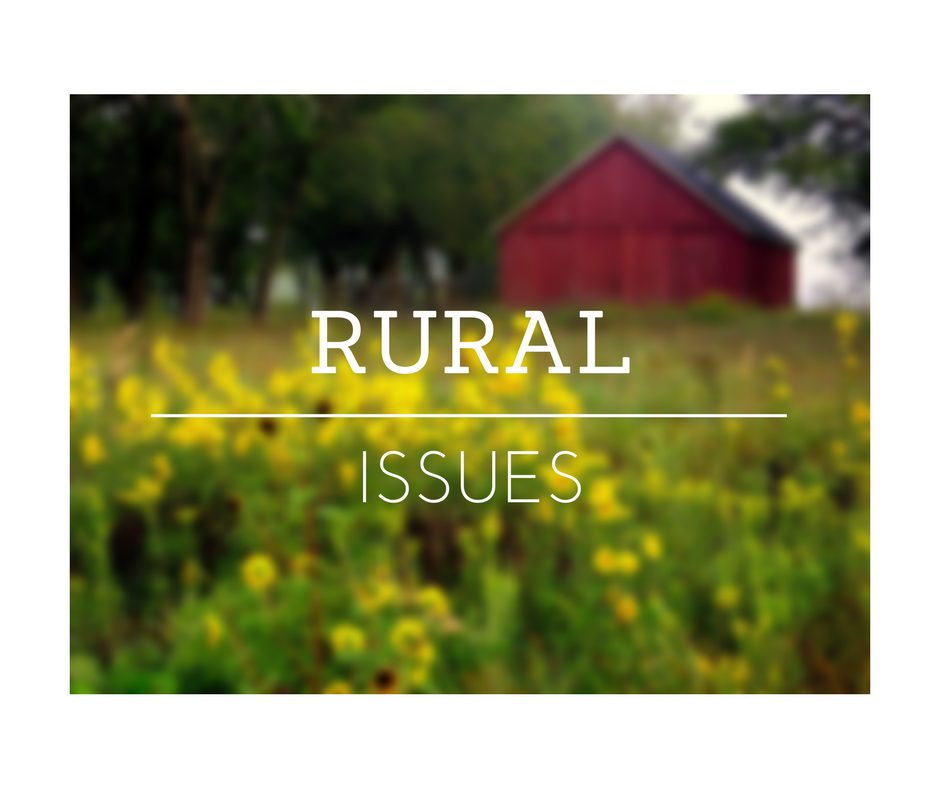On Sept. 7 Gov. Laura Kelly congratulated communities and businesses that will benefit from the deployment of the Great Plains Rural Freight Technology Corridor project on a key freight transport route in western Kansas.
The $14.6 million project will install 100 miles of fiber-optic cable and advanced technologies on a 100-mile stretch of U.S. 83 from southern Finney County to northern Thomas County. The resulting communication system will deliver real-time traffic, weather, and other operational information to commercial trucking to optimize freight routing.
“My administration is expanding innovative technology across rural areas of our state to improve safety, shore up our supply chain, and drive down the costs of transporting goods,” Governor Laura Kelly said. “I commend the public and private collaboration responsible for securing the funding for a project that will improve delivery of agriculture products and other freight along an essential Kansas corridor.”
The Rural Freight Technology Corridor was heralded by Kansas Transportation Secretary Julie Lorenz and Secretary of Agriculture Mike Beam during a visit to the McCarty Family Farms flagship operation on U.S. 83 near Rexford in Thomas County. McCarty Farms’ letter of support helped the Kansas Department of Transportationwin a $6.7 million grant from the Federal Highway Administration, one of only 10 projects selected nationwide.
KDOT is providing $7.9 million in matching funds.
“To deliver for Kansas, transportation and ag need to be good partners,” Secretary Lorenz said. “This project is one of several collaborations with Department of Ag, coming from last year’s HomeField Advantage conference where we focused on the intersection of ag, transportation and technology to make the Kansas economy work better today and into the future. This is a great project that improves freight flow, safety and could get broadband to rural areas more cost effectively.”
U.S. 83 is a major freight route, particularly for agriculture products, with about 5,000 commercial trucks using the route daily.
Secretary Lorenz said an important component of the project is providing opportunities to allow internet service providers in the area to install their cable now or in the future to save costs.
“Getting broadband to rural areas more cost effectively by leveraging the state’s right of way is smart,” Secretary Lorenz said. “This will expand access to broadband and open more opportunities for Kansans to utilize technology in their homes and businesses.”
Secretary Beam emphasized that investing in rural Kansas benefits the agriculture industry.
“Enhanced connectivity in our highly productive but remote areas of the state is a continued challenge voiced by agriculture leaders in multiple sectors of our ag economy,” Secretary Beam said. “This cutting-edge service will make a significant impact to this important corridor in Kansas.”
Project technology includes sensors and cameras to provide real-time information to drivers such as weather conditions and traffic crashes. Truckers will access the information via hands-free devices. The information will also be available on KDOT’s KanDrive site for anyone to view and for trucking dispatch centers to relay conditions to drivers. The system will upgrade communication with emergency responders.



